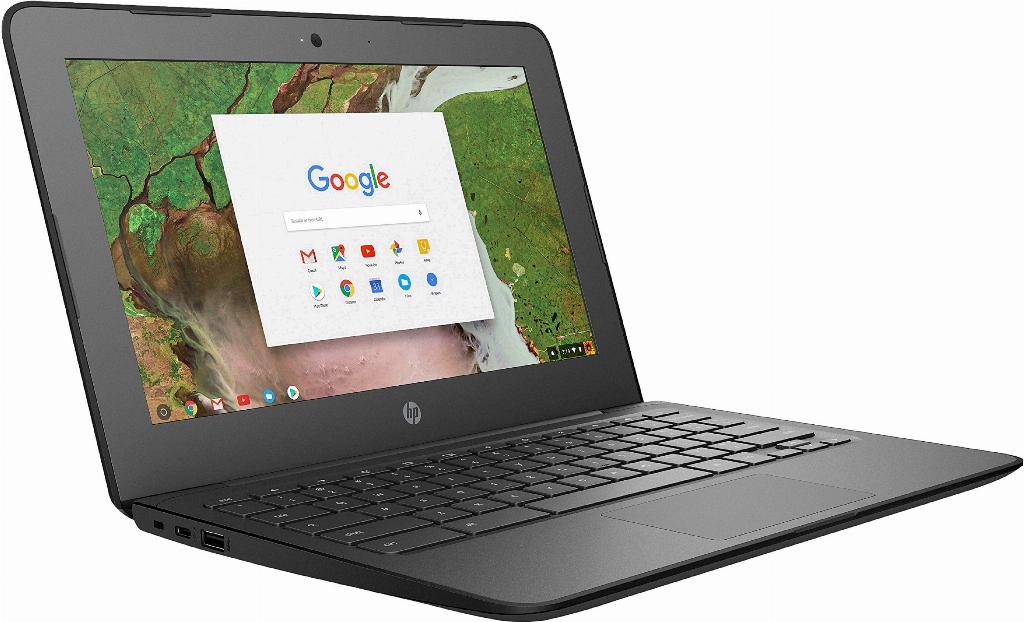When it comes to comparing Chromebooks and laptops, understanding the key differences can help you make an informed decision on which device best suits your needs. It’s essential to note that while both devices serve as portable computers, they have distinct features and functionalities that set them apart.
One of the primary differences between a Chromebook and a traditional laptop lies in the operating system. Chromebooks run on ChromeOS, a lightweight operating system developed by Google that is centered around the Chrome browser. On the other hand, laptops typically run on Windows, macOS, or Linux operating systems, offering a more traditional computing experience.
Another significant difference between Chromebooks and laptops is the hardware specifications. Chromebooks are known for their lower-powered processors, which are optimized for web browsing, online productivity tasks, and cloud-based applications. In contrast, laptops often feature more robust processors, offering higher performance capabilities for demanding software and multitasking.
Memory and storage capacity also differ between Chromebooks and laptops. Chromebooks generally come with less RAM and local storage compared to laptops. While this may impact the device’s ability to handle resource-intensive programs, Chromebooks leverage cloud storage solutions for storing files and data, making them ideal for users who prioritize online storage and accessibility.
Display and Build Quality
Display and build quality are essential factors to consider when choosing between a Chromebook and a laptop. Chromebooks often feature smaller screens and lightweight designs, making them highly portable and convenient for on-the-go use. In comparison, laptops come in a range of screen sizes and form factors, with some models offering high-resolution displays and premium build materials for a more luxurious computing experience.
Software and App Compatibility
One of the key distinctions between Chromebooks and laptops is software compatibility. Chromebooks primarily rely on web-based applications and extensions from the Chrome Web Store, offering a streamlined and secure browsing experience. In contrast, laptops support a wider range of software and applications, including traditional desktop programs, productivity suites, and graphic design tools.
Battery Life and Connectivity
When it comes to battery life and connectivity, Chromebooks often outperform laptops due to their optimized software and power-efficient components. Many Chromebook models boast impressive battery longevity, enabling users to work or stream content for extended periods without needing to recharge. Additionally, Chromebooks offer seamless integration with Google services and cloud-based applications, enhancing productivity and collaboration.

